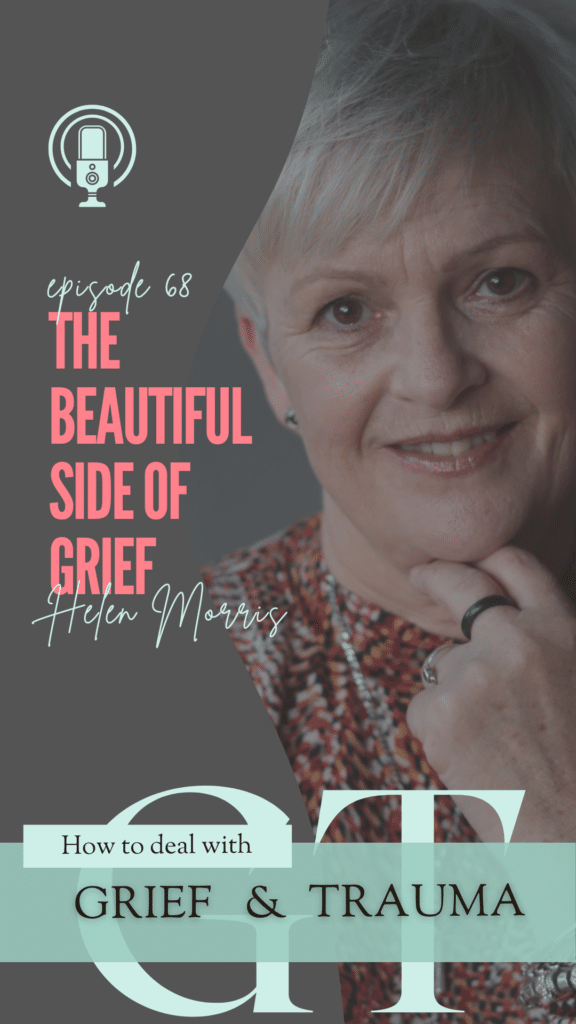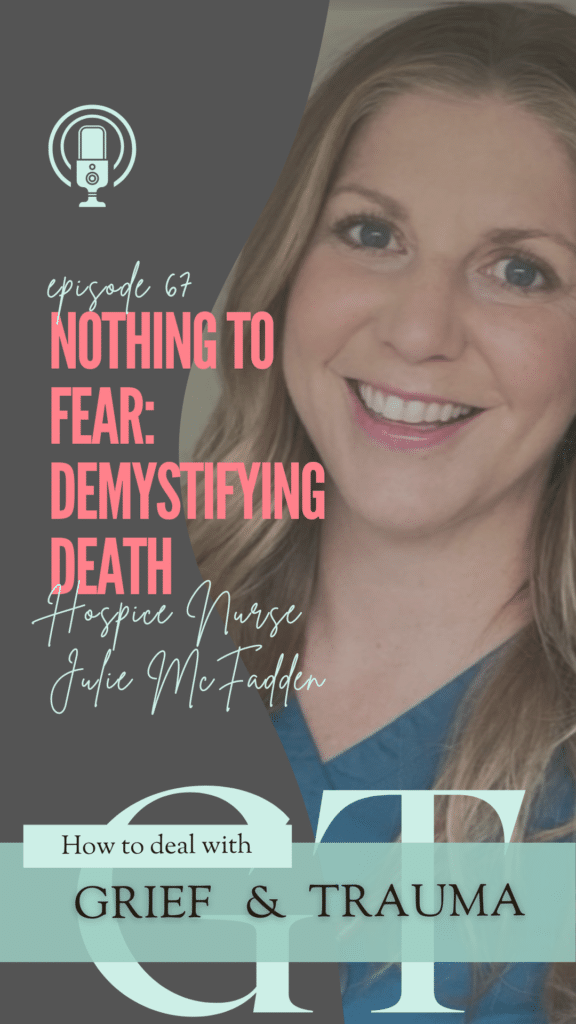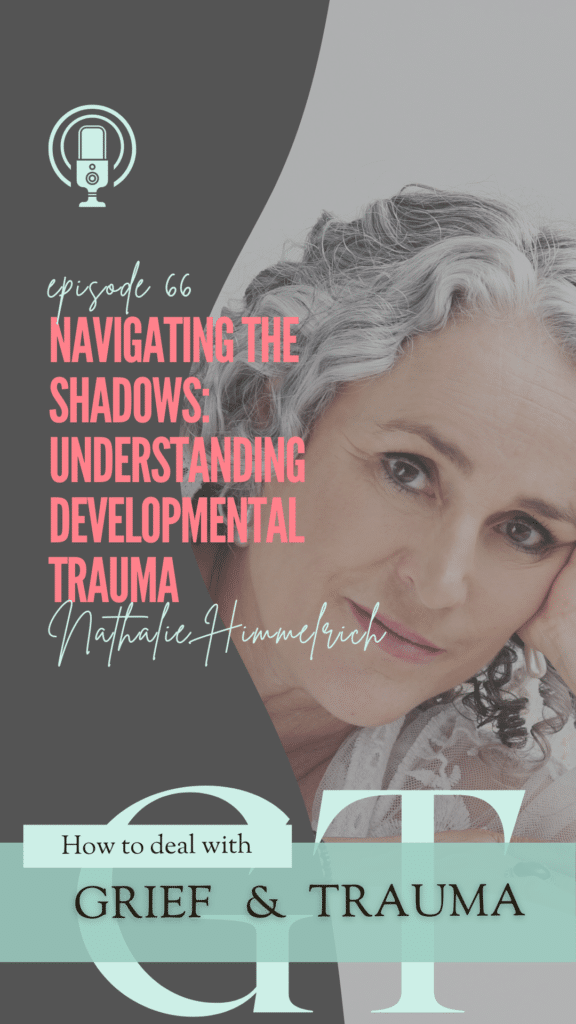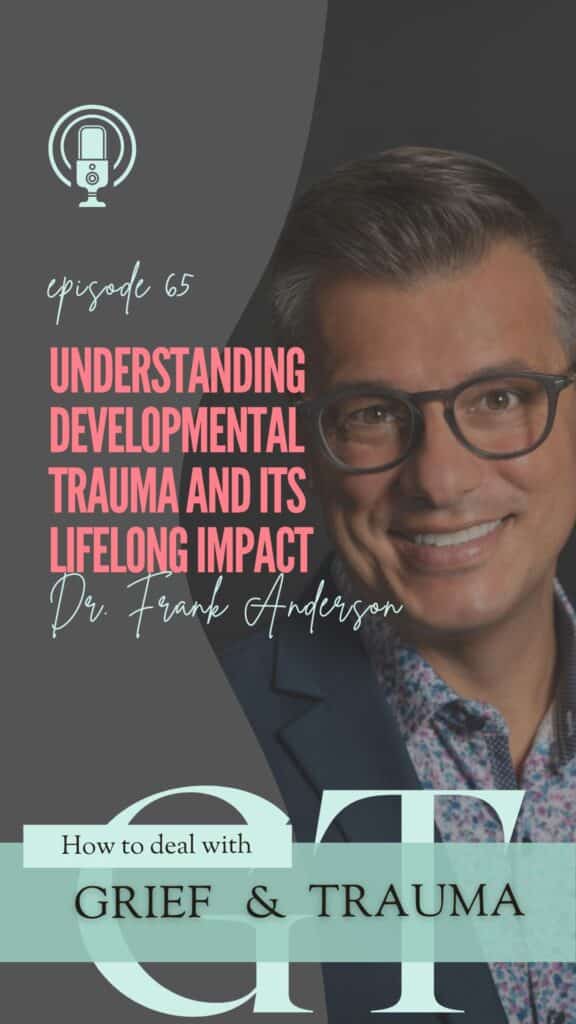HOW TO DEAL WITH GRIEF AND TRAUMA is completely self-funded, produced, and edited by me, Nathalie Himmelrich.
Consider making a small donation to support the Podcast: bit.ly/SupportGTPodcast. Thank you!
For more information, please visit Nathalie’s website, join the podcast’s Instagram page, and subscribe to the newsletter to receive updates on future episodes here.
About this week’s episode
I first met Helen when I was being a guest on her podcast called The Beautiful Side of Grief and in my opinion, we connected on a deeper level. As you can guess from the title of her podcast, Helen is also fluent in the language of grief and loss. After losing her 18-year-old daughter and only child, Helen has managed to create new meaning in a way that inspired me. Not because of her loss but despite it.
So here we go: For today’s episode, we’ve got two podcast hosts, two bereaved mothers who have made it their lives’ mission to bring hope and meaning into life after loss. Not just their own, but also to those people they touch with their messages.
About this week’s guest
Helen Morris hosts a podcast called The Beautiful Side of Grief and is a certified Emotion Code and Body Code practitioner based out of Rotorua, New Zealand. She came across this healing modality after tragically losing her 18-year-old daughter, and only child, in a motor vehicle accident in 2017. Prior to this, she worked in the health sector in Health Intelligence, supporting general practices in Hawke’s Bay with national health initiatives and programs. In March of 2021, Helen launched a podcast called The Beautiful Side of Grief where she interviews guests who have moved through heart-wrenching loss or those who are at the coalface supporting this process. It is diverse, and heart-warming, though most of all it is positive and filled with go-tos for anyone experiencing to use. She is also about to launch an 8-week grief support resource called A Letter of Hope & Aroha.
- Website thebeautifulsideofgrief.com
- YouTube: www.youtube.com/@thebeautifulsideofgrief
- Facebook: facebook.com/thebeautifulsideofgrief
- Instagram: @thebeautifulsideofgrief
Thank you for listening!
HOW TO DEAL WITH GRIEF AND TRAUMA is produced and edited by me, Nathalie Himmelrich. Support the show
Support the show:
- Become a supporter of the show! Starting at $3/month
- Join Facebook Group – Grief and Trauma Support Network
- Download the FREE grief resource eBook
- Book a Discovery Call
- Leave a review
Follow on socials:





